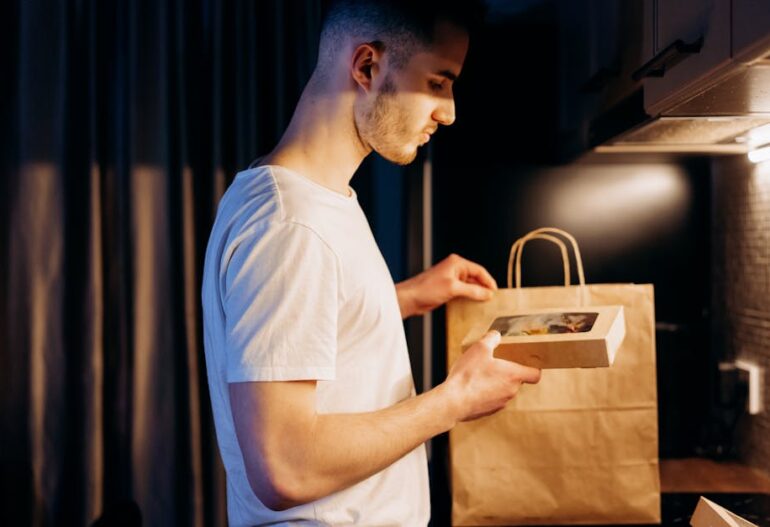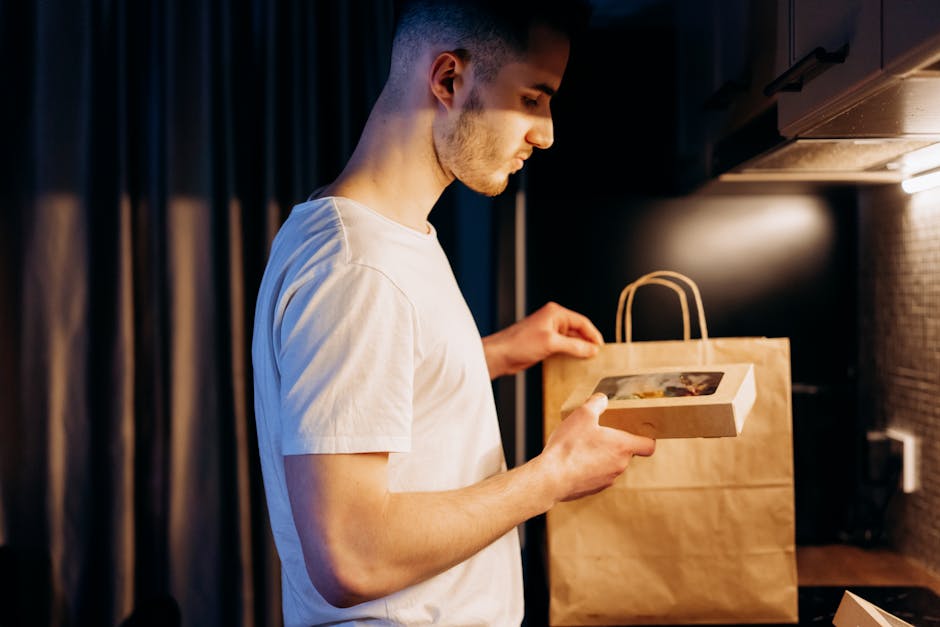Imagine a world where the very material used to package your food contributes to a sustainable future. Biodegradable bags have emerged as a revolutionary solution in the realm of food packaging, offering a way to reduce environmental impact without compromising on efficiency. Dive into the transformation as we explore the rise of biodegradable bags, their advantages, and the innovative solutions that are reshaping the packaging industry.
The Rise of Biodegradable Bags in Food Packaging
The landscape of food packaging is evolving, driven by a growing demand for environmentally friendly practices. Biodegradable bags, once a niche concept, have now taken center stage in the industry. What sets these bags apart is their ability to decompose naturally, breaking down into non-toxic components that do not harm the environment. This shift towards biodegradability marks a significant departure from traditional plastic packaging, offering a more sustainable alternative that resonates with eco-conscious consumers.
One of the key driving forces behind the rise of biodegradable bags is the pressing need to reduce plastic pollution and its adverse effects on ecosystems. As awareness of environmental issues continues to grow, consumers are increasingly turning towards products that minimize their carbon footprint. Biodegradable bags signify a departure from the ‘take-make-dispose’ model, embodying a circular approach where packaging materials can be reintegrated into the environment harmlessly.
Moreover, the versatility of biodegradable bags makes them well-suited for various food packaging needs. Whether it’s for fresh produce, ready-to-eat meals, or takeaway containers, biodegradable options offer a viable solution that combines functionality with sustainability. This adaptability has propelled biodegradable bags into the spotlight, positioning them as a game-changer in the quest for greener packaging practices.
Advantages of Switching to Biodegradable Food Packaging
The transition to biodegradable food packaging brings forth a myriad of benefits that extend beyond environmental preservation. One of the standout advantages is the reduced ecological footprint associated with biodegradable bags. Unlike traditional plastic packaging that can linger in landfills for centuries, biodegradable bags break down efficiently, minimizing long-term environmental impact.
Additionally, biodegradable bags offer enhanced compostability, providing a closed-loop system where packaging waste can be converted into valuable nutrients for the soil. This circular approach to waste management not only reduces landfill burden but also contributes to soil enrichment, fostering a sustainable ecosystem.
Furthermore, the use of biodegradable bags aligns with shifting consumer preferences towards sustainability and eco-friendliness. Brands that embrace biodegradable packaging demonstrate a commitment to responsible practices, resonating with environmentally conscious consumers who prioritize ethical choices. By making the switch to biodegradable options, companies can enhance their brand image and appeal to a growing segment of eco-aware customers.
Innovative Solutions in Biodegradable Packaging
The realm of biodegradable packaging is witnessing a wave of innovation as companies explore cutting-edge solutions to enhance sustainability and performance. From bio-based polymers to compostable films, the industry is embracing new technologies to create biodegradable bags that meet stringent quality standards while remaining eco-friendly.
One notable advancement in biodegradable packaging is the integration of seaweed-based materials, offering a renewable and biodegradable alternative to conventional plastics. These seaweed-based bags not only decompose naturally but also draw carbon from the atmosphere during their growth, further reducing the overall carbon footprint of packaging materials.
Moreover, innovative collaborations between packaging manufacturers, research institutions, and sustainability experts are driving the development of bio-based additives that enhance the biodegradability and performance of packaging materials. By leveraging scientific advancements and cross-sector partnerships, the biodegradable packaging industry continues to push boundaries in creating sustainable solutions for a greener tomorrow.
Embracing biodegradable bags in food packaging is more than just a trend; it represents a crucial shift towards eco-conscious practices. By choosing biodegradable options, we pave the way for a greener tomorrow, ensuring that our packaging choices align with a sustainable future.





